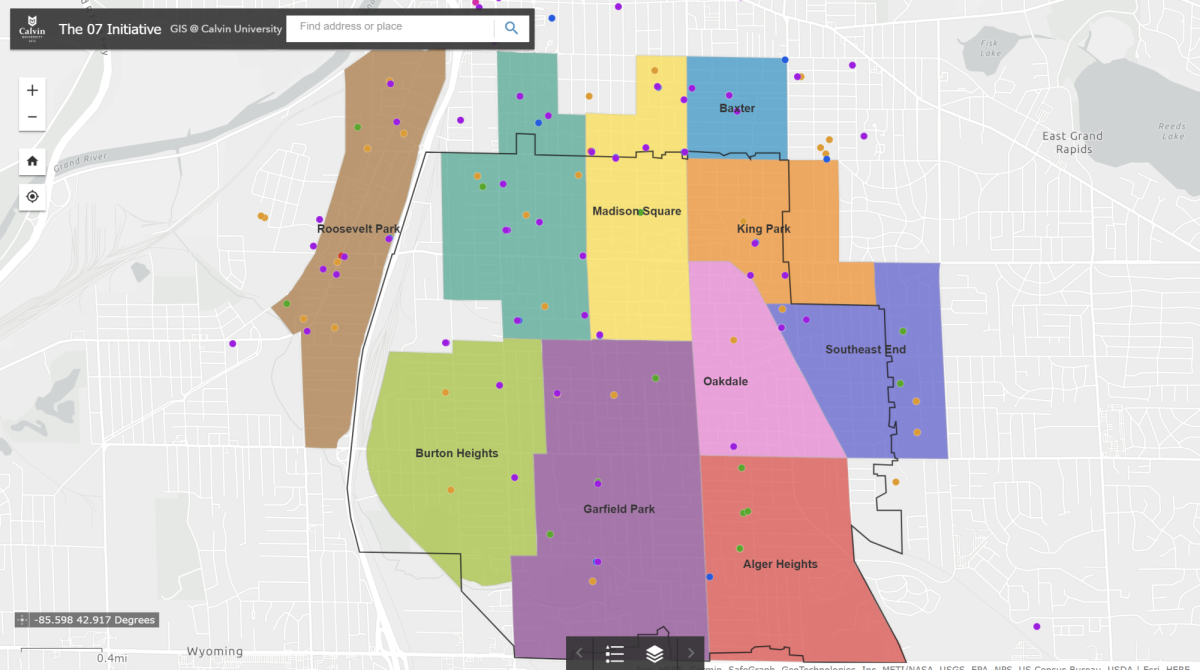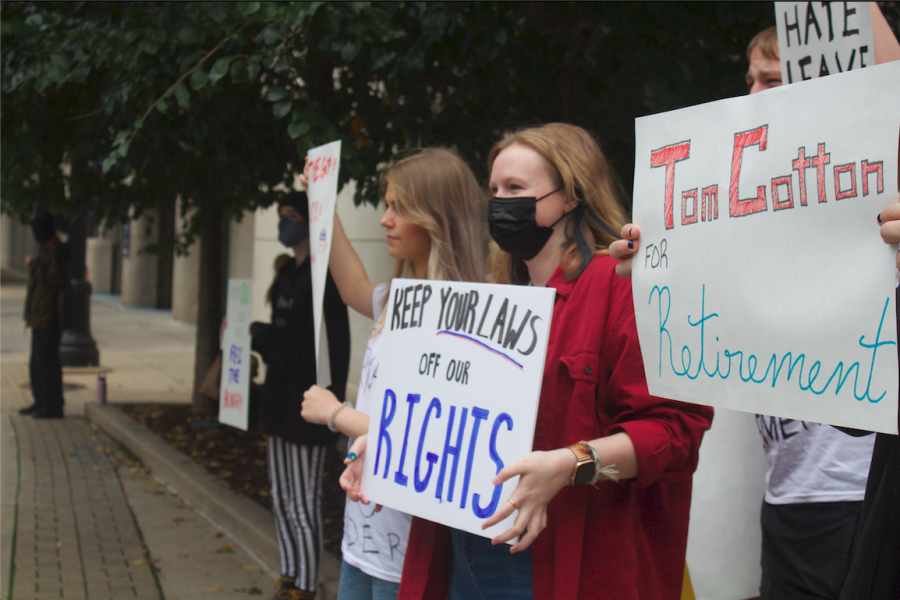On the ballot in Grand Rapids on Nov.6 will be a proposal to decriminalize the possession of marijuana. The proposal would make possession of marijuana a civil infraction instead, subject to a slight fine — $25 for the first offense, $50 for the second offense and $100 for every offense after that.
The group behind the proposal, DecriminalizeGR, argues that the change will save $2.5 million by freeing police to focus on more important issues, as well as avoiding the costs of prosecuting and housing marijuana offenders. They also suggest that giving damaging criminal records to people found in possession of small amounts of marijuana is unjust to mostly young offenders. The organization justifies the $2.5 million dollar statistic with a series of calculations, which can be found on their website at www.decriminalizegr.org.
The organization collected 10,000 signatures to get the proposal on the November ballot, which would function as an amendment to the city charter. The proposal would not legalize marijuana, but simply make the punishment for marijuana possession closer to a parking ticket than a felony.
Many city officials have spoken out in favor of the proposal, including mayor George Heartwell, former mayor John Logie, state representative Brandon Dillon and several city commissioners.
Harold Hamilton, a city planning commissioner, voiced his support for the bill, saying, “One joint is enough to give you a criminal record. The stuff about marijuana being so bad, it’s a bunch of malarkey. The federal government should just legalize it and tax it like cigarettes. There’s a lot worse things out there to be cracking down on.”
But other city officials are less enthusiastic. Police chief Kevin Belk is among those who are skeptical about the wisdom of the proposal. He compares the proposal to the recent legalization of aerial fireworks in Grand Rapids. “Did the increased availability of fireworks increase fireworks use? I believe it did. What did we get? We got dozens of fires and a constant stream of community complaints. I believe the same is going to be true of any increased use [of marijuana]. It’s an addictive substance and it will have negative consequences for people that use it regularly.”
Belk also suggests that the $2.5 million figure given by DecriminalizeGR will not be the true financial benefit of the bill, arguing that 60 percent of marijuana violations in Grand Rapids are given in the course of enforcement of other crimes, so the proposal would not free up quite as many policemen as DecriminalizeGR suggests.
City commissioner Walt Gutowski agreed with Belk’s assessment, basing his opinion on his experience as a musician. “I just see too many of my dear friends use this drug as a transitional drug to lead them down the wrong path.”
Commissioner James White, however, disagrees with these negative opinions.
“The worse the penalty, the more valuable it is to the criminals. I want to reduce the value of [marijuana] to the criminal element.” He argues that harsh penalties only mean that “we’re filling our prisons with young people with felony convictions,” and goes on to argue that the proposal “is not legalization. It’s reducing the penalty.”
Belk is also worried about young people, but suggests that increased marijuana use would “make it more difficult for more young people to get employment. I don’t think we’re doing our young people any favors by making it easier to use marijuana.”
For residents of Grand Rapids, the proposal will be one of several on the ballot on Nov. 6.








